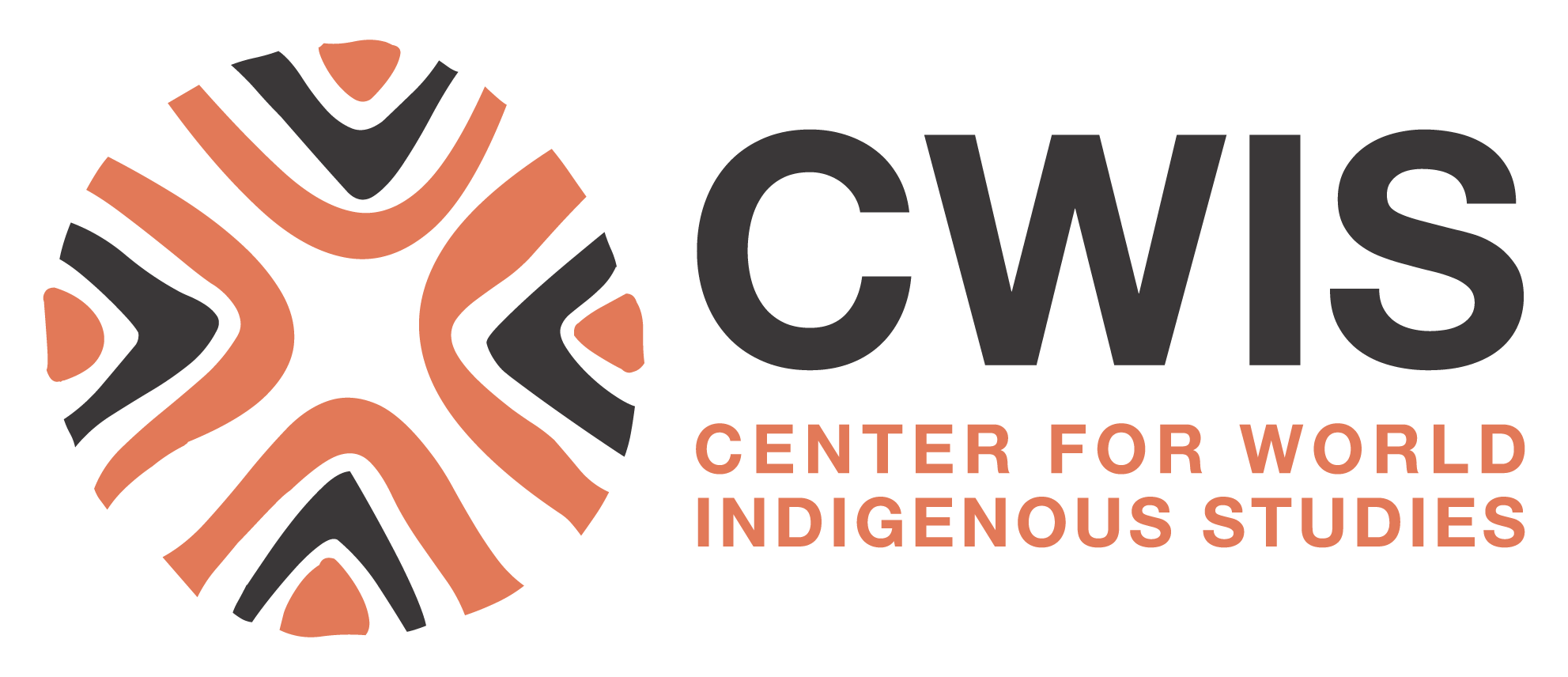
Unlock
Our Salish Country Cookbook
When you sign up for our newsletter

For many years the Center for World Indigenous Studies has pioneered education, research and public policy concerning the restoration of native foods and medicines as a part of a wider program to strengthen tribal culture while reducing and eliminating chronic disease. A large gathering at the Tulalip Tribes in March proved the wisdom of our efforts. Here are remarks I offered to the group attended on my behalf by CWIS Deputy Director Tiffany Waters and Research Associate Renee Davis.
“Diabetes and Holistic Medicine”
Sponsored by Northwest Indian College and the
Diabetes Prevention through Traditional Plants Program
6-7 March 2010
Tulalip Tribes’ Kenny Moses Sr. Building
Tulalip Tribes
Chairman Mel Sheldon, Hank Gobin, Inez Bill, Elise Krohn and all participants gathered here today. It is with deep respect and satisfaction that I am able to convey my thoughts on this Day of Diabetes and Holistic Medicine at the Tulalip Tribes’ Kenny Moses Senior Building.
It seems like only yesterday that the Nisqually Elder Center hosted our first Culture, Foods and Medicines Workshop—though that great gathering was seven years ago. After that three-day feast we at the Center for World Indigenous Studies and Center for Traditional Medicine had the great pleasure of presenting similar workshops at Lummi, Sto-Lo, Lower Elwah, Quinault and other locations as well. Our thinking all along was that restoring the foods and medicines around the Salish Sea and the coastal zones would be the best path to reversing the growing trend of chronic diseases (diabetes, obesity, heart disease and cancer) experienced by more and more people in our region. Along that path we believed that restoration could only take place if the people reclaimed their ancient knowledge, began to harvest, and care for the plants and animals and hold feasts once. Active remembering of the great body of knowledge held in the deep heritage of the people was and is the essential requirement for restoring the balance between the people and the earth.
I am pleased to announced that we at the Center for Traditional Medicine have just published a new book entitled “Preventing & Treating Diabetes Naturally: The Native Way.” A product of more than ten years of research, and drawing from traditional knowledge this book is available from the Center for World Indigenous Studies DayKeeper Press. You can talk to Tiffany about getting a copy.
Bruce Miller and Vie Hilbert, Willie Sam and Michael Pavel, Monica Charles, Theresa Parker and of course Hank Gobin and Inez Bill, and many others have brought us to this day. And now the young ones who have taken up the mantel are giving added strength to the restoration of our cultures, medicines, and foods. Look now all about you and notice that our efforts have shown great progress.
I credit Elise Krohn for working so hard to learn from Indian elders and for giving her knowledge to our communities throughout the region. I also credit Susan Givens and her efforts through the Northwest Indian College for creating a stable home for the teaching and learning efforts. I congratulate Elise and all who worked with her to produce a new book on foods and medicines and recipes for us all to learn from and use to further nurture our well-being.
When we are given the knowledge again as has happened so many times in our history, we are obligated to share that knowledge and to encourage others to use and benefit from that knowledge. The many people who are now called “plant people” have given me great hope that the sciences of our many peoples can once again restore the health of the people. I urge the plant people to learn about the animals too for they also have knowledge for us all. And, of course, I congratulate those who cook the meals for our gatherings and gather the food for their great skill and attention to giving good feelings to the people through their efforts.
Our health must truly be a community effort. We must all participate in the restoration of our culture, foods, and medicines giving the gift of health and happiness back to our communities.
Thank you for listening and thank you to my good friend and colleague Tiffany Waters for delivering this message to you. I hold this gathering and its purpose in my heart as I am now conducting field research in traditional medicine and only wish I could have been here in person. Thank you all for your great efforts

The library is dedicated to the memory of Secwepemc Chief George Manuel (1921-1989), to the nations of the Fourth World and to the elders and generations to come.
access here